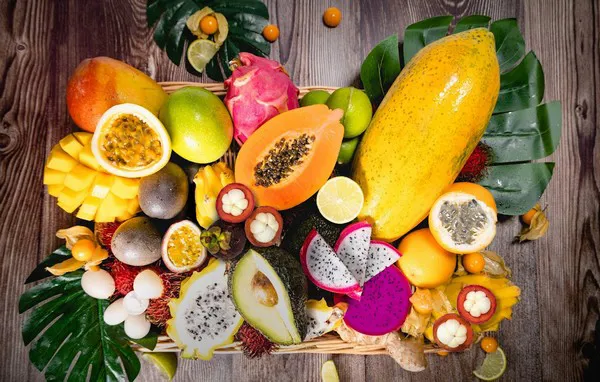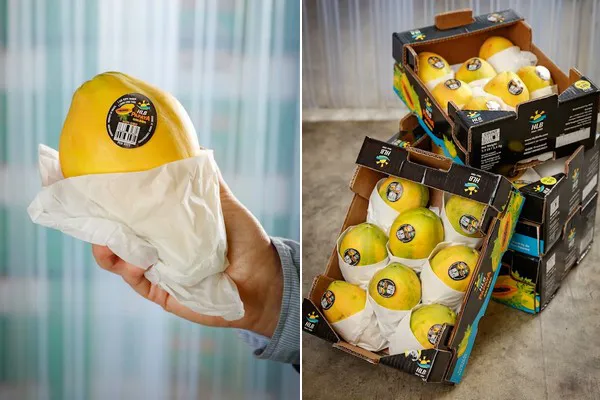The US is not witnessing the same interest in tropical and exotic fruits that Europe is seeing this time of year. “Our European company is extremely busy leading up to Christmas, but we are not noticing that pattern here in the US,” says Melissa Hartmann de Barros with HLB Specialties. In the US, tropical and exotic fruits just aren’t part of the holiday traditions the way they are in Europe where there is a strong desire to add colorful elements to the plate. Nevertheless, papayas are an ideal fruit to add to a rich holiday meal. “Papayas contain the enzyme papain that helps break down proteins and therefore helps with digestion. Papain is also a popular ingredient in meat tenderizers,” added Hartmann de Barros.

Increasing demand in January
In the US, the interest for tropical and exotic fruits picks up in January. “People like to have a healthy start to the new year and consumption of tropical and exotic fruits fits with their New Year’s resolutions.” Papayas are packed with essential nutrients and are especially high in vitamin C. Hartmann de Barros adds that “many retailers take the opportunity and do diet-focused promotions with items such as papayas and organic ginger, which are often a must-have ingredient for health-conscious people.”
Lunar New Year will give consumption an extra boost. The holiday will be celebrated January 22 and in line with traditions, many Asians tend to buy tropical and exotic fruits as a gift. “We are seeing an increase in demand for Brazilian papayas, leading up to Lunar New Year,” Hartmann de Barros commented. “They are a smaller papaya variety and available in 8 lb. boxes that work well to bring as a gift.”
 Gift box with Brazilian papayas.
Gift box with Brazilian papayas.
In addition to Brazilian papayas, HLB Specialties usually witnesses an increase in orders for dragon fruit and mangosteen leading up to Lunar New Year and beyond.
 For more information:
For more information:
Melissa Hartmann de Barros
HLB Specialties
Tel: (+1) 954-475-8808
Email: [email protected]
www.HLBinfo.com










